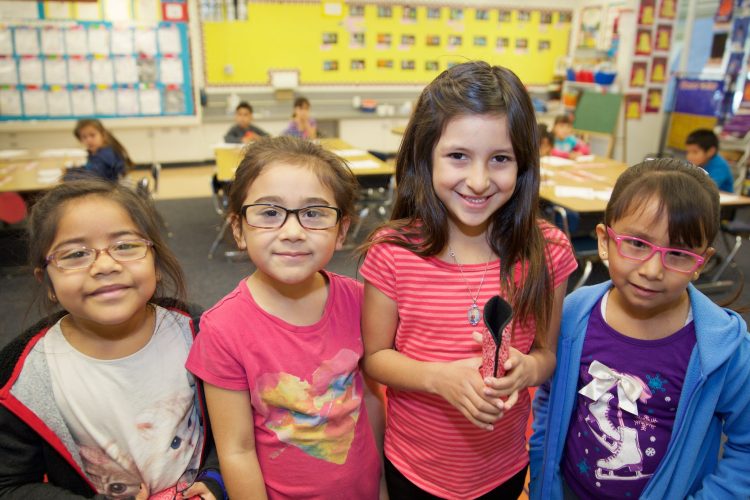Dr. Akhamzadeh sees the future of patient care, through their eyes.
Dr. Desireh Akhamzadeh was born and raised in the Los Angeles area with a supportive family network and community. So, when it came to picking a college to further her optometry education, the Southern California College of Optometry was the clear choice.
However, her passion towards helping people through vision care started years before that important decision. While working in a Beverly Hills optometry office, first as an intern and then as a vision therapist, Dr. Akhamzadeh discovered that she wanted to help children through optometry.
“I knew I wanted to go into pediatric optometry and vision therapy because you have the chance to build such amazing relationships with your patients,” she says. “Unlike a doctor that a patient sees once or twice a year, I have the chance to meet with some families on a weekly basis and really have an impact on their whole life.”
After completing her undergraduate and internship programs, Dr. Akhamzadeh looked to SCCO for its curriculum, its faculty and its own closely knit community. “After attending UCLA, which was so huge in size, I wanted to get back to something smaller and more intimate,” Dr. Akhamzadeh shares. “Marshall B. Ketchum University is so inclusive — you feel like it’s a true family where everyone is there to support and help each other.”
In a class of just about 100 students, Dr. Akhamzadeh’s favorite memories of MBKU are the days spent with her classmates. While surviving four years of intense studies, she feels like they all rode a learning rollercoaster together, the ups and downs, twists and turns, only to come out more enlightened and prepared for their careers ahead.
She credits MBKU for not only teaching her more about the science of optometry, with hands-on lessons and guest lectures, but also realizing the most important, emotional part of patient care — the ability to listen.
“I think beyond decisions and diagnoses. Sometimes the best treatment is just being able to listen,” she says. “You should always try to find the time, just a few minutes during a test or at the beginning or end of a session, to really talk to the person in front of you. Get to know your patients. How are they doing? What’s happening in their life? Have they experienced a loss? Those are the ones you’ll remember for the rest of your life, because you treated them as a person, not just a patient.”
Dr. Akhamzadeh is currently completing her residency at the University Eye Center at Ketchum Health. Looking to the future, she would love one day to run a pediatric and vision therapy department in a private practice to further help those in her community to see better day by day.

